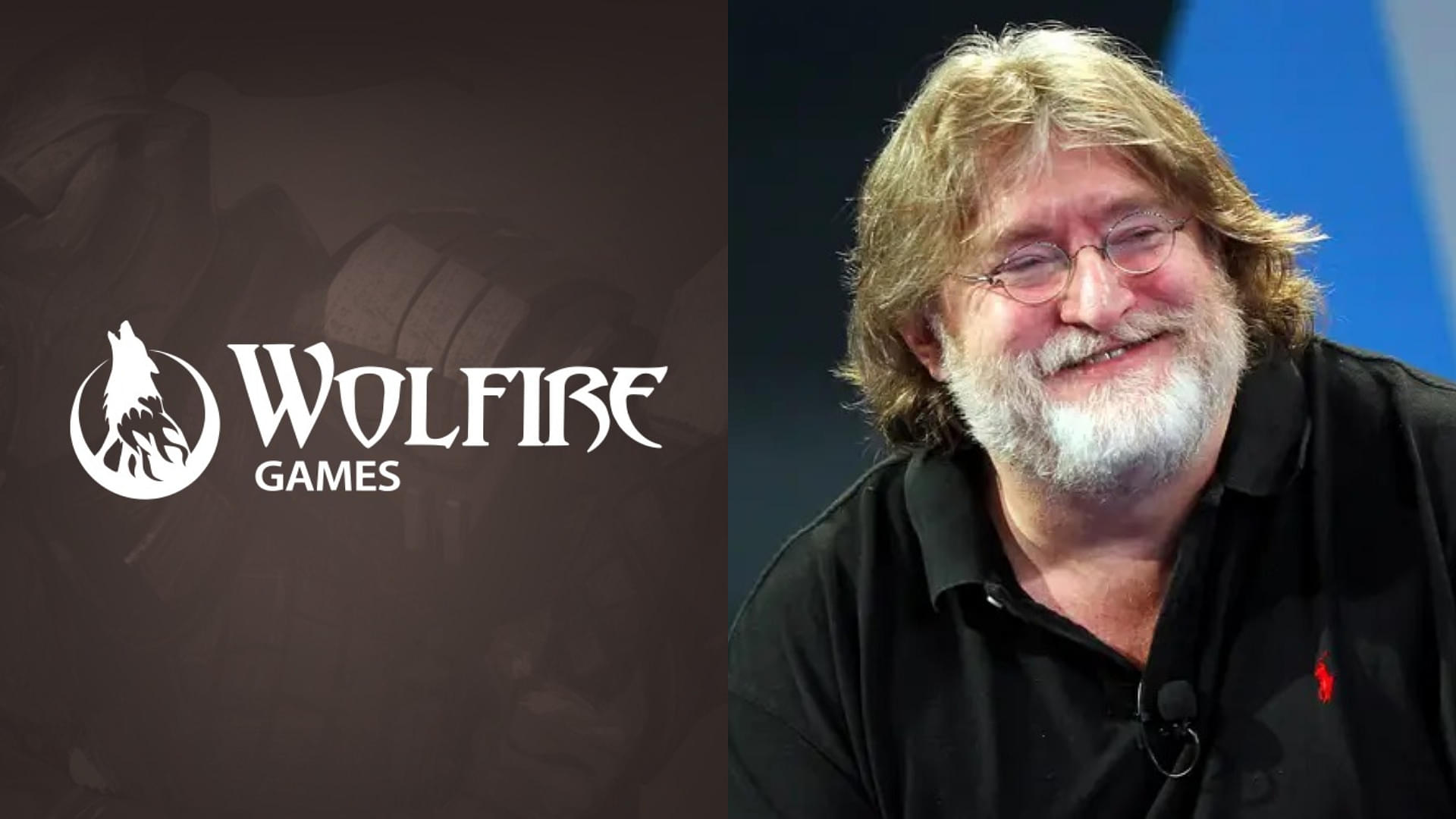Valve v. Wolfire Games class action lawsuit has once again come into the spotlight. Valve CEO Gabe Newell’s petition for remote deposition has been denied, and he has been ordered to come in person to address the antitrust lawsuit by Wolfire Games. Is this the loss of another monopoly after Sony?
Wolfire Games filed an antitrust lawsuit against Valve in 2021 for their store policies. Digital game distributors have been accused of taking a 30% cut from developers in exchange for listing their games on the platform. As a result, Steam has a complete monopoly on the PC gaming market.
On November 16, the creators of Overgrowth filed an order at the US District Court for the Western District of Washington. According to it, the Valve CEO must come in person at the court, as he “is uniquely positioned to testify on all aspects of Defendant’s business strategy.”
Newell requested for remote proceedings because of concerns related to COVID-19. However, the court rejected his request, as he “presents insubstantial evidence to suggest that he is at a particularized risk of serious illness.” Nevertheless, the court did offer some precautions regarding Newell’s concern, as every courtroom participant is advised to wear masks, but Newell must remove his mask while answering.
After Sony, is Valve the next monopoly to fall?
This Valve v. Wolfire Games is a class action lawsuit similar to the one Sony has been facing recently. Consumer rights expert Alex Neill accused the Japanese conglomerate of deceiving PlayStation users, as Sony has been allegedly selling games at an inflated price, especially in the UK digital stores.
The class action lawsuit against Sony PlayStation, accuses them of using their monopoly (or near monopoly) to overcharge users.
Speculating: I am assuming that PlayStation forced developers to raise prices of their games.
The CMA approved the case to go to trial. pic.twitter.com/vd7KJPwsnG
— PeterOvo (@PeterOvo5) November 21, 2023
The court calculated total damages worth £6.3 Billion by Sony. Apparently, PlayStation got a 30% commission from each sale from these inflated video game prices. Similarly, Valve has been taking a 30% cut from game developers for listing their games on their platforms.
These gaming giants have been continuing their wrongful practices because of their power over the market. But the time has possibly come to overthrow these players. While people and organizations like Alex Neill and Wolfire Games are challenging these monopolies, substitutes have also cropped up over the years.
If Valve is proven guilty, they might also have to pay for the consequences like Sony. Moreover, it will greatly affect the market, and the inflated game prices might go down to some reasonable numbers. After all, these lawsuits are filed so that consumers and developers can get the justice they deserve.





